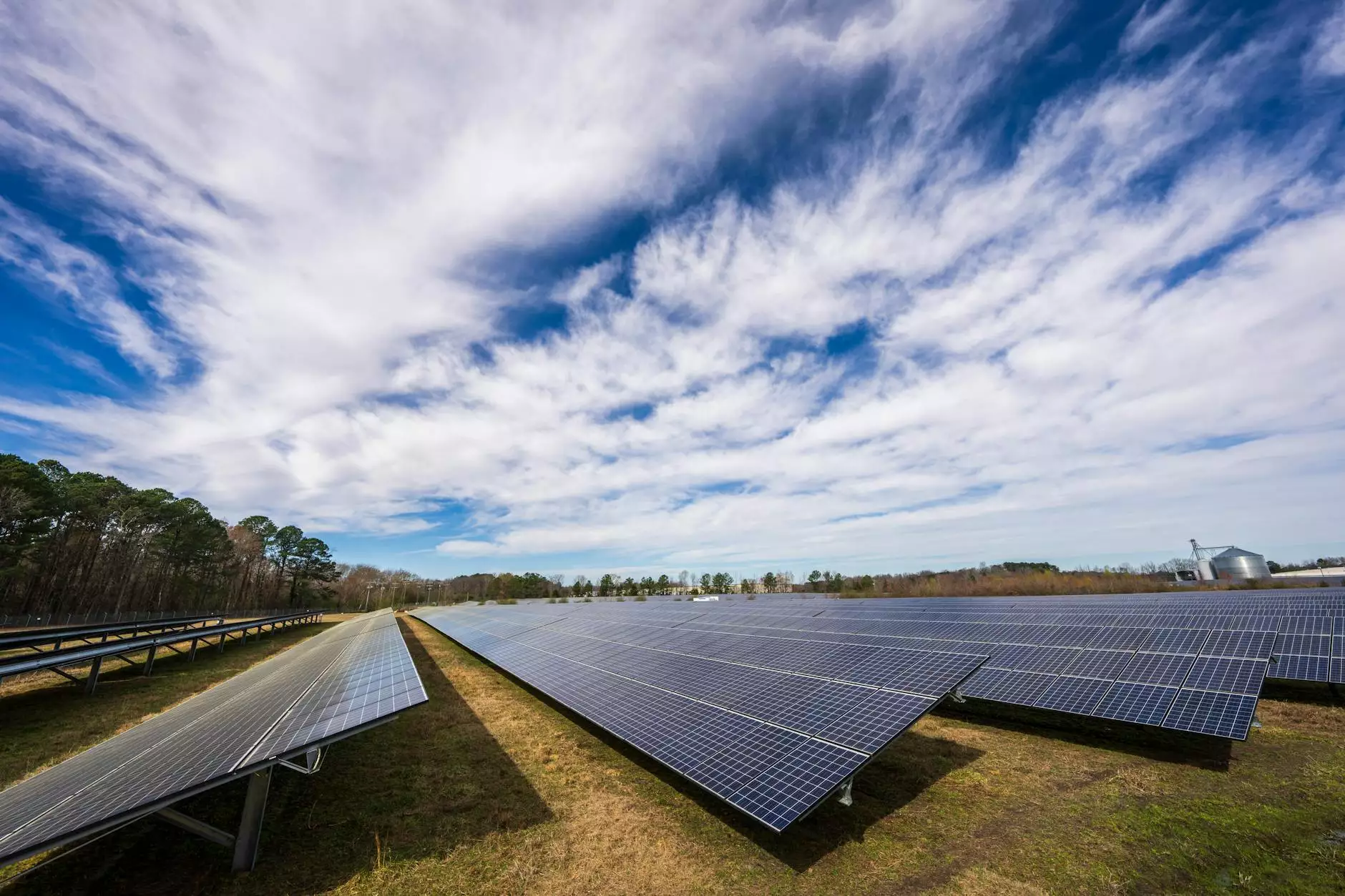The Ultimate Guide to Diesel Generators

Diesel generators have become indispensable tools in various industries due to their reliability, efficiency, and power capabilities. As the demand for uninterrupted power supply continues to grow, understanding the workings and applications of diesel generators is crucial for businesses looking to enhance their operational capabilities.
Understanding Diesel Generators
A diesel generator is a combination of a diesel engine and an electric generator, used to generate electrical energy. Typically employed when utility power is unavailable, these generators are engineered to serve as a primary or backup power solution.
How Diesel Generators Work
The operation of a diesel generator involves several critical components, which work in synergy to convert mechanical energy into electrical energy. Here’s a breakdown of the primary components:
- Diesel Engine: This component provides the mechanical energy required to produce electricity.
- Alternator: Converts the mechanical energy generated by the diesel engine into electrical energy.
- Control Panel: Monitors and manages the generator's operation, ensuring optimal performance.
- Fuel System: Stores and supplies diesel fuel to the engine.
- Cooling System: Prevents the engine from overheating during operation.
- Exhaust System: Channels exhaust gases away from the engine, ensuring safety and compliance with environmental standards.
Advantages of Diesel Generators
Choosing a diesel generator for your power needs carries a wide array of benefits:
1. Reliability
Diesel generators are known for their reliability. They can operate continuously for long hours, providing essential backup power during outages.
2. Efficiency and Fuel Economy
Diesel generators are more fuel-efficient than their gasoline counterparts. They provide a higher energy output per litre of fuel, making them a cost-effective option for powering larger loads.
3. Longevity
A well-maintained diesel generator can last significantly longer than gasoline generators, often exceeding 10,000 hours of operation before requiring major overhauls.
4. Power Output
Diesel generators are capable of producing a large power output, making them suitable for industrial applications that demand considerable energy.
5. Low Maintenance Costs
Although initial costs may be higher, maintenance and operational costs tend to be lower over time, making them a worthy investment for businesses.
Applications of Diesel Generators
The versatility of diesel generators allows them to serve multiple sectors:
1. Construction Sites
Construction projects often require reliable power sources to keep machinery and tools functioning. Diesel generators are commonly used on-site where electricity is unavailable.
2. Hospitals and Healthcare Facilities
In healthcare, where power interruptions can pose serious risks, diesel generators provide critical backup to maintain operations and ensure patient safety.
3. Data Centers
Data centers require a constant power supply to keep servers operational. Diesel generators serve as a reliable backup to prevent data loss during power failures.
4. Events and Entertainment
Outdoor events such as concerts and festivals often rely on diesel generators to power lighting, sound systems, and other critical equipment.
5. Agriculture
In agriculture, especially in remote locations, diesel generators power irrigation systems, equipment, and provide necessary energy for farm operations.
Selecting the Right Diesel Generator
When choosing a diesel generator, several factors must be considered:
- Power Requirements: Assess the wattage needed for your operations to choose a generator that meets these requirements.
- Fuel Type: Although diesel is the primary fuel for these generators, consider alternatives based on availability and cost.
- Portability: Depending on the application, you might need a portable generator or a stationary one.
- Noise Levels: Consider the noise output, especially if the generator will be used in residential areas or noise-sensitive environments.
- Compliance with Regulations: Ensure that your generator meets local environmental regulations.
Maintenance Tips for Diesel Generators
Regular maintenance is crucial to ensure the longevity and optimal performance of your diesel generator. Here are some tips:
1. Regular Inspections
Conduct periodic inspections of all components to identify any wear or damage early.
2. Change Filters
Regularly replace fuel, oil, and air filters to ensure clean operation and prevent engine strain.
3. Monitor Fuel Quality
Use high-quality diesel fuel to prevent contamination and ensure efficient combustion.
4. Keep it Clean
Maintain cleanliness around the generator to prevent the buildup of dust and debris that could impact performance.
5. Schedule Professional Maintenance
Engage professionals for comprehensive checks at least once a year.
Conclusion
In conclusion, diesel generators play a pivotal role across a wide range of industries due to their power, reliability, and efficiency. As you consider your power solutions, understanding the features and benefits of diesel generators can lead to informed decisions that enhance your operational efficiency and sustainability. Whether you are a construction firm, a healthcare provider, or an event organizer, the right diesel generator can ensure that you maintain productivity and service without interruption. Embracing this technology is not just a choice; it's a commitment to operational excellence and reliability.









